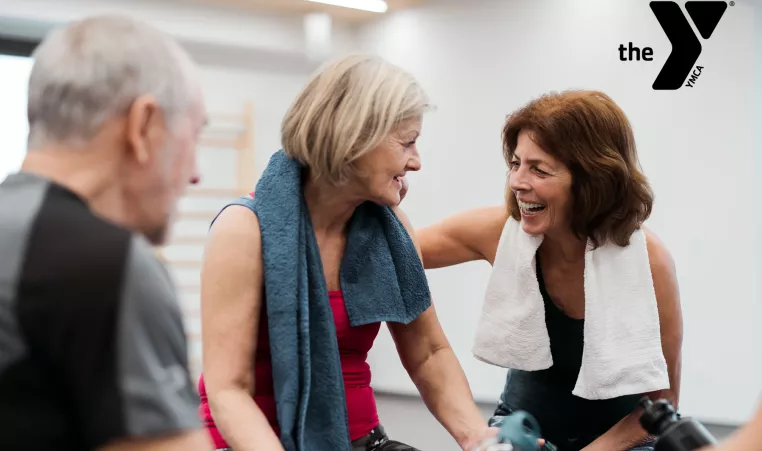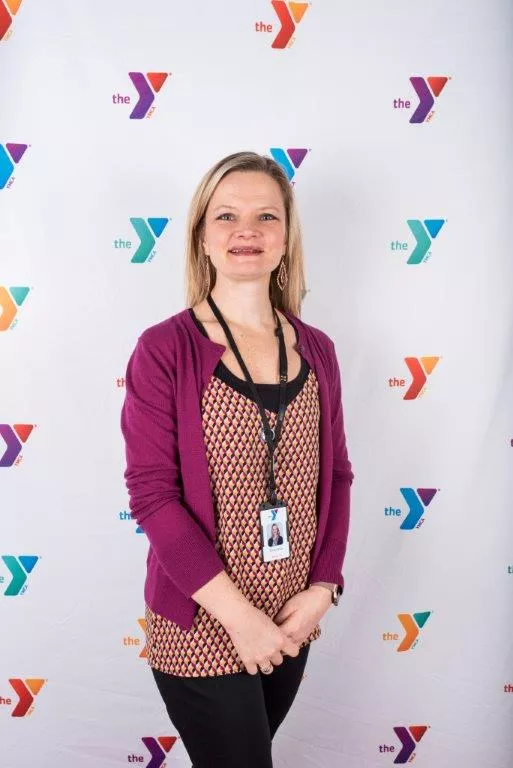
I remember seeing the term “social isolation” come across my desk a few years ago as an issue that was impacting the lives of senior citizens and was creeping into other age demographics as well. This first exposure the term “social isolation” happened in late 2018 and created a starting point for an awareness of an issue that would shortly impact all of us. Many of you probably started to hear the term in 2020 and more in 2021 as the impacts of social isolation and loneliness would lead to a whole new level of mental health issues for our seniors, adults, and young people.
To put all of this into a framework for you, the Centers for Disease Control sites the following:
Loneliness is the feeling of being alone, regardless of the amount of social contact. Social isolation is a lack of social connections. Social isolation can lead to loneliness in some people, while others can feel lonely without being socially isolated. (Learn more here)
The impacts on health due to loneliness and/or social isolation are staggering (CDC Website):
-
Social isolation significantly increased a person’s risk of premature death from all causes, a risk that may rival those of smoking, obesity, and physical inactivity.1
-
Poor social relationships (characterized by social isolation or loneliness) was associated with a 29% increased risk of heart disease and a 32% increased risk of stroke.1
-
Loneliness was associated with higher rates of depression, anxiety, and suicide.
Knowing all of the above, what could we do collectively and individually to help others struggling or more importantly do to help oneself if struggling with the impacts of social isolation and/or loneliness?
-
Seek out individuals who you have lost contact with over the years
-
Reach out to older adult family members and friends and ask them to go to coffee or to take a walk
-
Join a church, synagogue, or other faith based group that aligns with your beliefs
-
Take part in a group fitness class, community run or other active event that you enjoy
But what about your interactions daily? Do you find yourself nose-down in your phone, scrolling mindlessly through different social media platforms? Do you keep your headphones in and walk through stores/fitness facilities not making eye contact or smiling at the person next to you?
As humans, we’re designed to thrive and grow on social interactions. What if the next time you were out in a store you made time to look up, smile and say hello to the person next to you in the check out line? What if the next time you found yourself with an open afternoon you took an elderly neighbor to lunch? What if the next time you came into the YMCA to grab a workout you said hello and asked the person you’ve been working out next to for minutes/hours/days their name?
Your health and the health of our communities need us to be social, to support one another, and to help others. Small things, like a hello, a smile, a conversation in the grocery store line, could make a huge difference in someone’s day—that someone could even be you!
Theresa Lovings, Association Director of Health & Wellness
